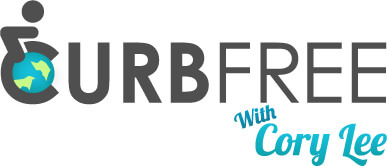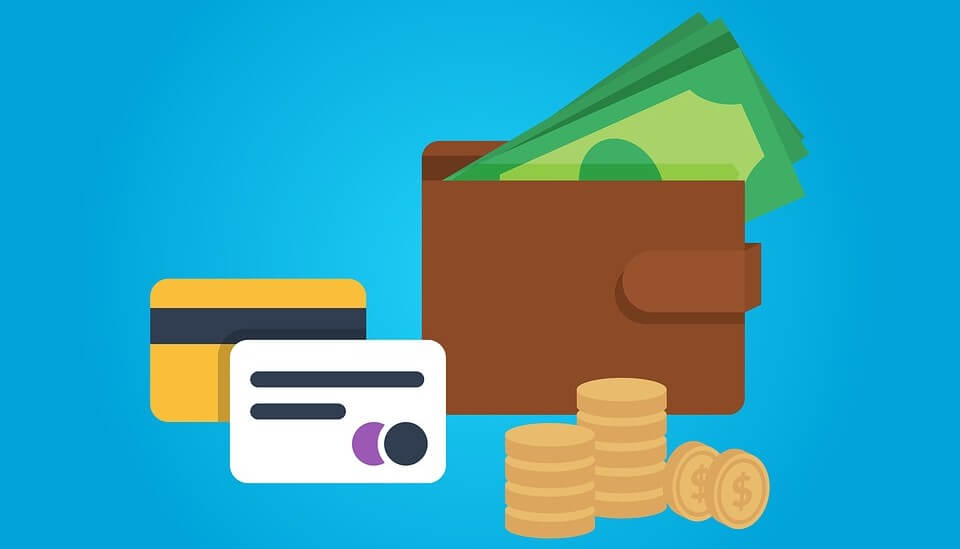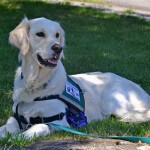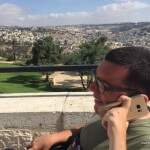Trip planning is fun, but safeguarding your money isn’t likely at the top of your list when planning your big vacation down to every detail. Nothing says a ruined trip like a nasty financial emergency that you’re unprepared for. Don’t be the tourist stuck in a foreign country without any money (like I was in Paris, for example) and no way to help yourself. If you take the time to plan ahead, you’ll be able to enjoy your trip while keeping your money safe. Here’s a few ways you can prepare to keep your finances safe during your next trip.
Use a credit or debit card, not cash
It can be easier to track your spending by using only cards, as if cash is stolen you’re not going to see it again. You’re not liable for unauthorized charges when your credit card is stolen. Your bank will refund fraudulent purchases, even if for debit cards. Try to carry at least two credit or debit cards in case one is stolen.
Talk to Your Bank Before Your Trip
Make sure that you take the time to call your bank and credit card provider before you leave. If they aren’t aware of your travel plans, they may flag your activity as suspicious and your charges will be declined. Since you’ve already got them on the phone, ask if your cards can be used wherever you’re going. Some cards aren’t accepted in certain countries. You can also ask about foreign transaction fees you might incur while traveling as well. Many banks have international ATM fees, international wire transfers, or foreign transaction fees. You can also ask about any assistance you can receive during an emergency.
Additionally, check if the bank can increase your daily withdrawal limit on cash. Sometimes in certain countries, cash is king or you may need to carry more than just a small amount of cash. If you’re traveling to a country like this, you’ll want to make sure you can easily access your funds.
Be Smart About Potential Theft
Don’t keep all of your money in one place if you choose to travel with any amount of cash. Store important documents, passports, and medication in a hotel safe, and consider dividing up your money to hide in various places.
Avoid having all of your money or credit cards all in one pocket or bag when you’re about sightseeing. You can avoid bags and pockets by using a money belt, or dividing up cash and cards if you’re traveling with a friend or family member.
Skimmers are everywhere these days. Try to use ATMs inside of banks to reduce the risk of having your credit or debit card skimmed. You can also consider signing up for a credit monitoring service to protect yourself in the future from any skimming or identity theft incidents that might occur on your trip.
Make copies of all your documents
Before you leave, make front and back copies of your passport, travel tickets, and credit cards. You’ll want to keep the copies in a separate, secure location than the originals. It’s good idea to make extra copies and leave them with someone who is not traveling with you that you can easily contact in case of an emergency.
Another option is to keep copies of your documents password-protected on the cloud in addition to carrying the paper copies. If you go this route, be sure to password protect your electronics and lock them up if you’re not carrying them with you. Avoid using public WiFi without a VPN connected and encrypting your documents for added protection in case your device is hacked or stolen.
Get Travel Insurance
Even with the best plans, sometimes things just go wrong. By purchasing travel insurance, you’re protecting any money you’ve invested into the trip. If your trip does have to be canceled, travel insurance can help you be compensated for any costs you’ve already incurred.
As a wheelchair user, travel insurance is even more important in the instance that you need emergency medical care. This is especially important if you know you have pre-existing conditions, or if you carry medical equipment that could potentially get lost in transit.
Don’t be an easy target
One of the best ways to avoid theft is to not make yourself an easy target. It’s second nature to have a bag strapped to the back of our wheelchair, but you’re leaving your valuables wide-open for pickpockets. Look into the local money customs before your trip. For example, tipping isn’t standard in many countries. If you’re seen tipping, you might draw attention to yourself and let thieves know that you’re a tourist.
You should feel good about taking risks when you travel, but definitely not a financial risk. After all of your hard work to plan and prepare for your trip, don’t let a financial emergency ruin your experience. If you travel money-smart, you’ll be protecting your finances that allow to keep traveling for years to come.








Very useful article for a wheelchair user like me